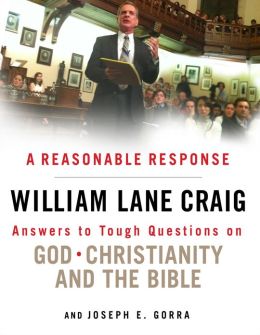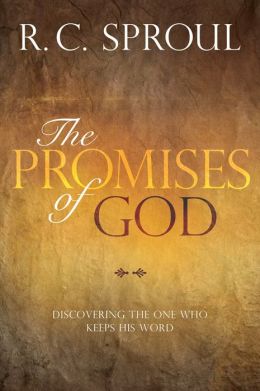 Many
Christian books have been written about the Crucifixion and
Resurrection of Christ, but very seldom do we see a book about the
Ascension. The latter is just as important as the former.
Many
Christian books have been written about the Crucifixion and
Resurrection of Christ, but very seldom do we see a book about the
Ascension. The latter is just as important as the former.
This book starts with one of the best opening I have read:
“Let’s be honest: the ascension of Jesus is weird.”
Does that not make you want to read father?
From here we encounter many questions along with their answers.
Why
did Jesus leave? Would it not have been better if He had stayed on Earth?
Wouldn’t more people believe in Him if they could see him with their own
eyes?
Tim
Chester and Jonny Woodrow have done the Church a great service with
this small book. They have taken a much neglected subject and simplified it so all can understand.
They first take us through the offices of Christ as
priest and king and how the ascension was the mechanism Christ used to
serve in these offices.
The book contains only 3 chapters:
1. Ascended Priest
2. Ascended King
3. Ascended Man
The first two chapters focus on Christ and his offices. The third concerns Christ and man. Just as Christ ascended, we shall also ascend.
The first chapter shows Christ as the true priest. He intercedes for us day and night. We have an advocate with the Father.
The second shows how Jesus ascended to the throne as King of Kings with all authority. All things are under his feet.
The last chapter shows that we, like Christ, will have a new body and will live forever in communion with God.
For a short book, Ascension is a gem. I enjoyed it and would recommend it to young and old Christians alike.
I give it 5 out of 5 stars.
I received this book, free of charge, from Christian Focus Publications and Cross Focused Reviews, in exchange for an honest review.


